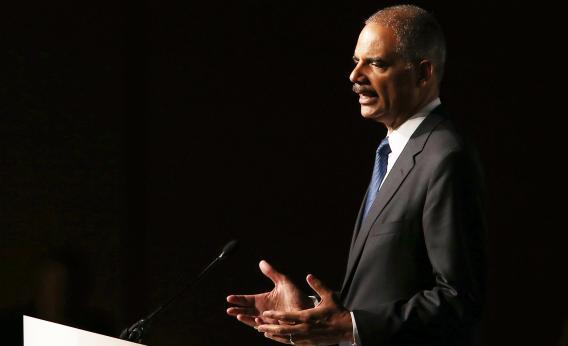The Department of Justice announced on Thursday that it will challenge Texas’ implementation of stricter ID requirements for voting in the state. Texas enacted the new restrictions in 2011, but a federal court blocked the law last year because the court believed it didn’t guarantee that voters could obtain an ID free of charge. Critics of the law argued that a potential fee essentially amounted to a poll tax that would deny the right to vote to individuals who couldn’t afford to get the ID.
That federal ruling, however, was undone in June, when the U.S. Supreme Court struck down provisions of the 1965 Voting Rights Act. Since the Supreme Court decision, some states have gone ahead with laws that have stronger identification requirements to cast a ballot. The provisions have drawn a sharp line in the sand politically. Here is Reuters’ take on the stakes for both sides:
Voter ID laws have become a political and racial flashpoint across the country, with Democrats generally opposing the measures and many Republicans backing them. Supporters say they are needed to deter people from illegally casting ballots, while opponents say voter fraud is exaggerated in order to mask purposeful suppression of Democratic constituencies.
The Obama administration contends that the Texas law still violates a portion of the Voting Rights Act, as well as voting rights guaranteed under the Fourteenth and Fifteenth Amendments to the Constitution. The suit alleges that the Texas law was “adopted with the purpose, and will have the result, of denying or abridging the right to vote on account of race, color, or membership in a language minority group.”
Texas state Attorney General Greg Abbott, a Republican, has said he will defend the state’s requirement in court.
